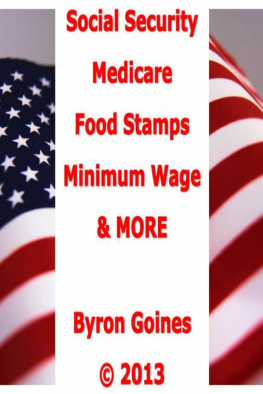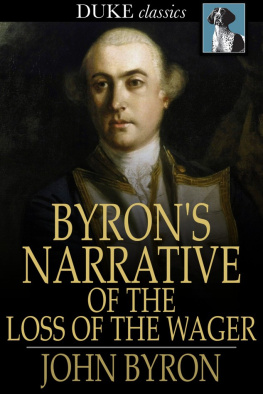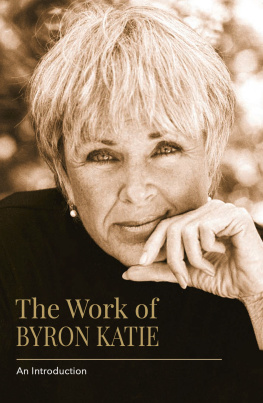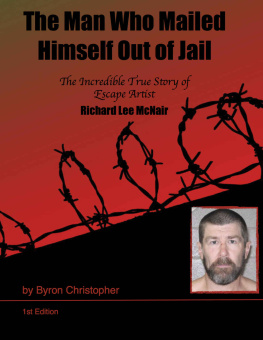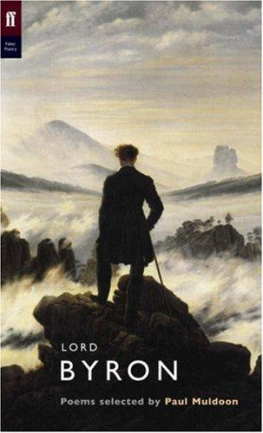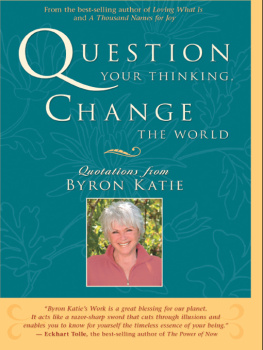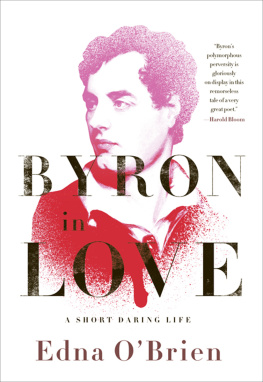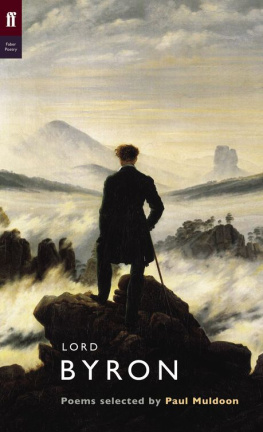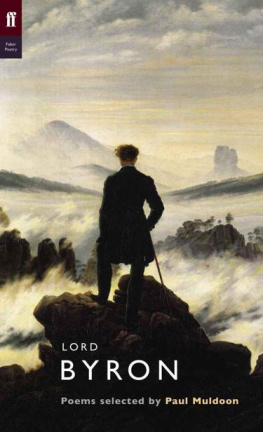Byron Tully - The Old Money Book: How to Live Better While Spending Less: How to Live
Here you can read online Byron Tully - The Old Money Book: How to Live Better While Spending Less: How to Live full text of the book (entire story) in english for free. Download pdf and epub, get meaning, cover and reviews about this ebook. year: 2020, publisher: Acorn Street Press, genre: Romance novel. Description of the work, (preface) as well as reviews are available. Best literature library LitArk.com created for fans of good reading and offers a wide selection of genres:
Romance novel
Science fiction
Adventure
Detective
Science
History
Home and family
Prose
Art
Politics
Computer
Non-fiction
Religion
Business
Children
Humor
Choose a favorite category and find really read worthwhile books. Enjoy immersion in the world of imagination, feel the emotions of the characters or learn something new for yourself, make an fascinating discovery.

- Book:The Old Money Book: How to Live Better While Spending Less: How to Live
- Author:
- Publisher:Acorn Street Press
- Genre:
- Year:2020
- Rating:4 / 5
- Favourites:Add to favourites
- Your mark:
The Old Money Book: How to Live Better While Spending Less: How to Live: summary, description and annotation
We offer to read an annotation, description, summary or preface (depends on what the author of the book "The Old Money Book: How to Live Better While Spending Less: How to Live" wrote himself). If you haven't found the necessary information about the book — write in the comments, we will try to find it.
These were author Byron Tullys words as he watched the global economy implode as a result of the COVID-19 pandemic in the early months of 2020.
It was a startling, surreal sequel to the 2007 Financial Crisis. It left millions of Americans not only facing a deadly health crisis, but also unemployment, eviction or foreclosure, and the loss of any savings they might have had.
The 2007 devastation had inspired Byron to write The Old Money Book: How To Living Better While Spending Less - Secrets of Americas Upper Class. The book became an instant classic, a touchstone of wisdom and inspiration for college students and grandparents alike.
With the global pandemic bringing the American economy to its knees earlier this year, Byron felt compelled to update and expand the original version. He wanted to offer more detailed information. He wanted to amend some of his previous opinions and advice to reflect a change in his own perspectives, as well as to reflect changes in the world.
Most importantly, he wanted to provide readers with current, actionable content that could help them help themselves, right now, in this moment of tremendous stress and uncertainty.
This 2nd Edition of The Old Money Book, he noted, would be more a manual on how to respond to a house on fire than how to respond to a dinner invitation.
And so it is. The original text of The Old Money Book remains in full and in tact. There are also key excerpts from his other books-The Old Money Guide To Marriage, Old Money New Woman, and Old Money Style. Whats more, there are Byrons astute and incredibly relevant insights into todays economic and social landscape that can help you survive and even thrive in this incredibly challenging moment.
Byron has also shared some of his most popular blog posts from The Old Money Book Blog (www.theoldmoneybook.com) which has been visited by over 1 million readers since 2014.
So whether you devour The Old Money Book 2nd Edition for its information or savor it for its wisdom, its certainly a book youll enjoy today...and cherish to in the years to come.
Byron Tully: author's other books
Who wrote The Old Money Book: How to Live Better While Spending Less: How to Live? Find out the surname, the name of the author of the book and a list of all author's works by series.

